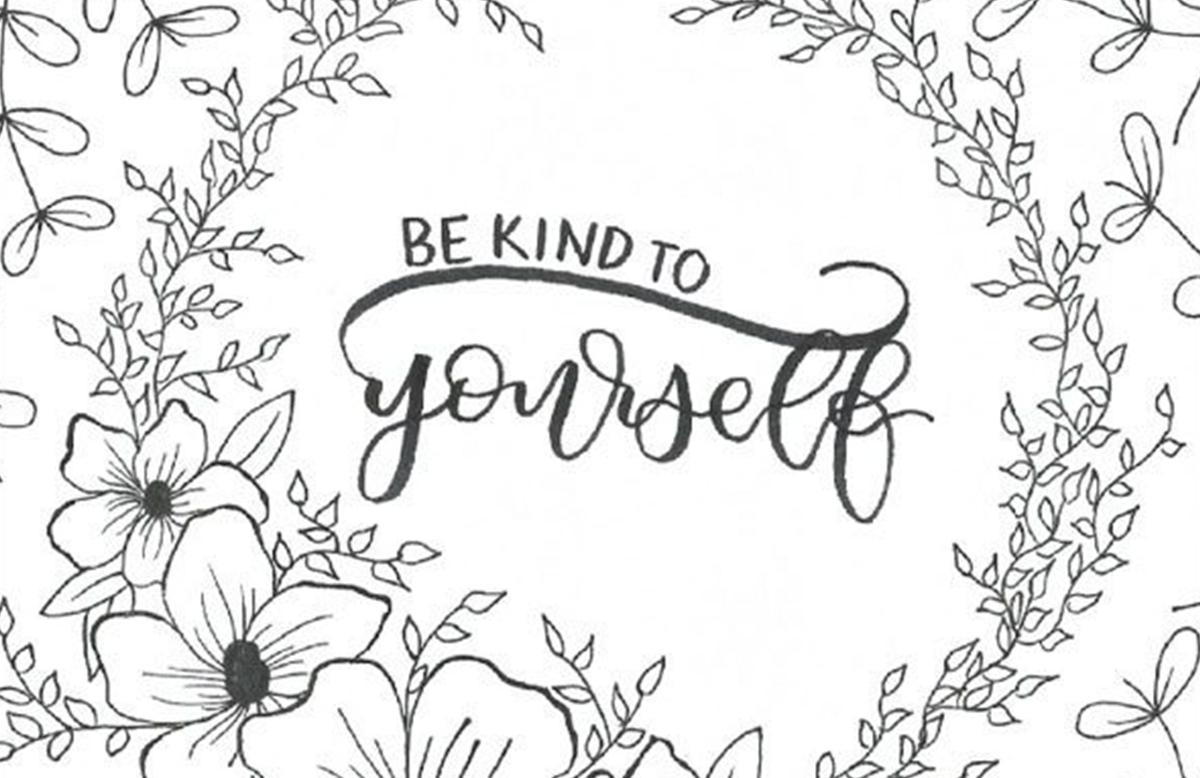Self-Compassion VS Self-Esteem
posted: Jan. 29, 2021.

Choose Self-Compassion Over Self-Esteem To Boost Your Confidence, Productivity and Improve Your Relationships
No matter how hard we try or how successful we are, it often feels like it is never enough. We often find ourselves comparing ourselves to someone else who is thinner, richer, or smarter than us. Failure in any kind becomes unbearable. What is the antidote to feeling not good enough in life?
Many people might believe that self-esteem is the antidote to not feeling good enough, but there is a major downside to self-esteem. To build self-esteem, one must feel special or above average to feel good enough. To be special, one must feel superior to others in comparison. This results in greater disconnection from others, and also feelings of isolation as your sense of worth is dependent on being better than those around you. Self-esteem is therefore not stable, as it is linked to one’s success or failures and evaluation of and from others.
Self-compassion is the alternative to self-esteem. Self-compassion is being kind to ourselves like we would someone we loved including a best friend or a child. It involves noticing when you do not like something about yourself. Self-compassion is when you are suffering, and instead of ignoring the suffering or being critical, offering yourself compassion instead. It is about recognizing our shared humanity of being imperfect. When you connect to your humanness you feel connected to others rather than separated or isolated.
Self-Esteem Vs Self Compassion
Self-compassion refers to our evaluation of ourselves through a positive lens. Self-esteem refers to the degree to which we like ourselves based on our comparison with others. Self-compassion is not based on a comparison and does not involve evaluation or judgements, it is instead a way of relating to oneself. Self-compassion is always available and is not just because one is special or above average. You do not just feel better about yourself because you are better than others, you get to feel better because you are human. It emphasises connection rather than separateness. It offers more emotional stability then self-esteem because it is always available regardless if you are succeeding or failing. To understand more about self-esteem you can check out Kristen Neff’s, a self-compassion researchers, website and resources.
Self-compassion offers the same benefits of self-esteem such as increased happiness, productivity and confidence but without the downsides. In addition, research shows it offers a more stable sense of self-worth. Self-esteem unlike self-compassion was shown to be associated with narcissism.
Developing Self-Compassion
Many people cringe at the idea of self-compassion. This is often due to a very strong inner critic. There is often a part within us that tells us that if we were too kind with our selves, we would never accomplish anything. The truth is though we can never be our best when we are in shame and guilt.
Self-compassion is not letting yourself off the hook for the hard things, rather it is holding your hand while you do the hard things. Self-compassion is not about self-pity or hiding from life it is recognizing life is hard, but we are all in this together. We can go through life with kindness or we can go through it critically, the choice is your, but the journey will be very different depending on which one you choose.
Developing self-compassion is a practice and it takes time, but the benefits are worth it. Here are some ways you can begin developing more self-compassion in your life.
1. Treat Yourself Like You Would Someone You Loved: We often find it easier to be compassionate with the people we love but we fail to apply it to ourselves. When you are struggling can you think of what you would say to someone you loved who was experiencing what you are? What advice would you give them, what would you say to them? Once you know, do a U-turn and apply it to yourself and your situation.
2. Practice Mindfulness: Mindfulness is awareness without judgement. Often, we get hijacked by our internal critic and negative storylines, you might not even notice the criticism that goes through your mind that tells you things like: “You never get it right, your lazy and not smart enough, you don’t know what you are talking about or doing,” and so on.
To practice self-compassion, we have to notice when we are caught in negative rumination cycles. When you become mindful of this internal dialogue you can bring your compassionate awareness to it. Often our inner critic is trying to motivate us to do better but it is often causing more harm than good. It often learned these scripts from the past. Seeking to understand why that voice is there with compassion can help transform it and help build greater self-compassion.
3. Connect to Your Humanity
Remember you are not alone in your experience. To feel means you are human, and others have gone through what you are also. Our shared humanity tells us no one is perfect and when we accept this, we can feel more connected to others. We are all just trying our best and it is our flaws and imperfection that connects us, not divides us. This is how self-compassion improves your relationships as it brings you close to others rather than dividing us
Hyperlinks
